Best Seasons for Porch Deck Sanding
Porch deck sanding is a crucial maintenance task that helps preserve the durability and appearance of wooden decks. Proper timing ensures optimal results, extending the lifespan of the deck and maintaining its aesthetic appeal.
Spring and early summer are ideal for porch deck sanding due to moderate temperatures and low humidity, which facilitate effective sanding and drying.
Dry weather with low rainfall and stable temperatures prevent moisture from affecting the sanding process and ensure proper adhesion of finishes.
Typically, sanding should be done every 2-3 years, depending on wear and tear, to maintain a smooth surface and prevent splinters.
High temperatures can cause wood to expand, making sanding less effective, while cold weather can hinder drying times and finish application.
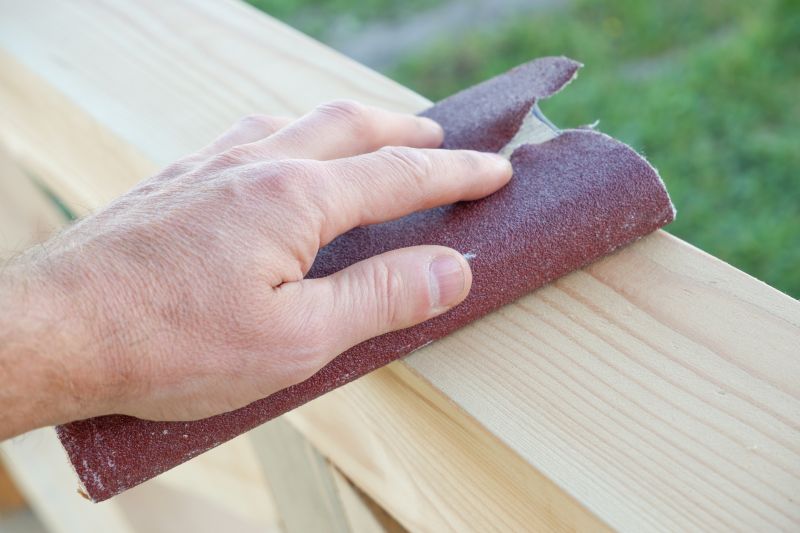
Spring offers moderate temperatures and low humidity, ideal for effective sanding and sealing.
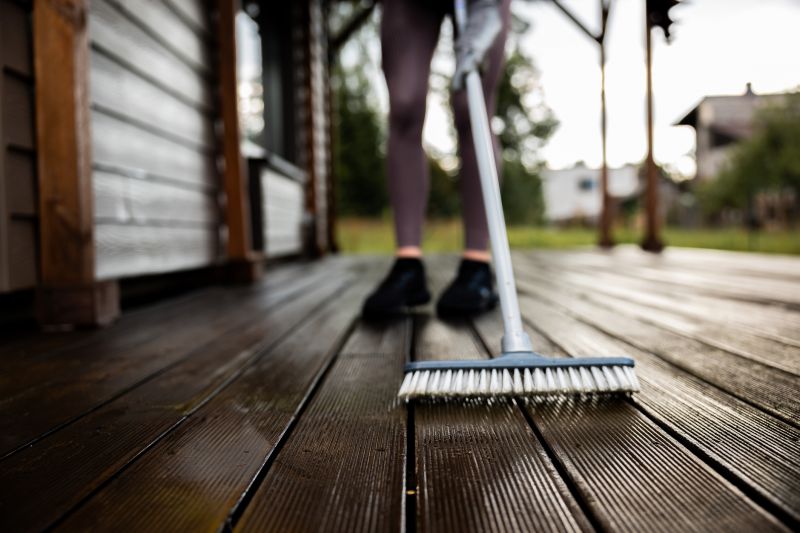
Early summer can be suitable, but high heat and humidity may require adjustments in timing and technique.
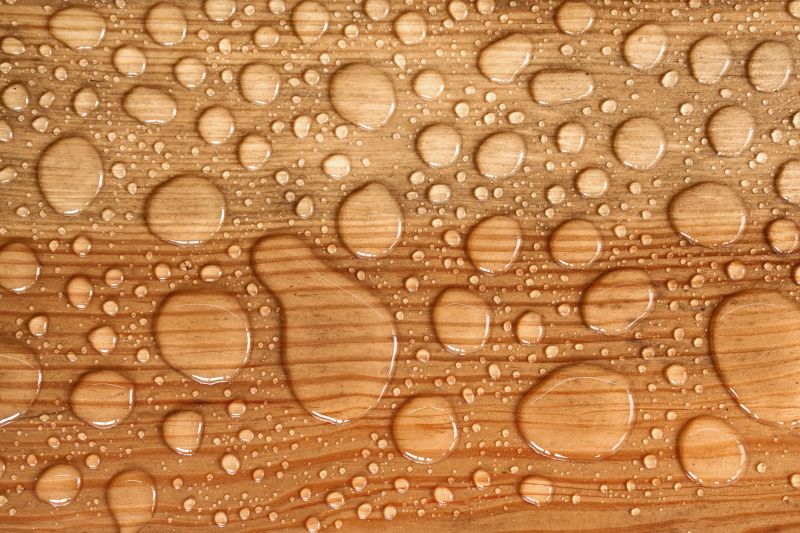
Consistently dry conditions help ensure proper adhesion of stains and sealants after sanding.
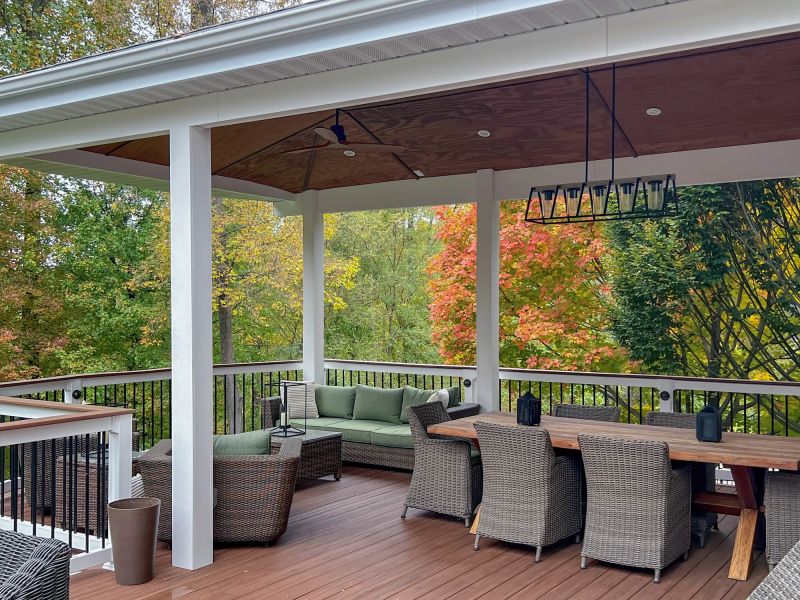
Ways to make Porch Deck Sandings work in tight or awkward layouts.
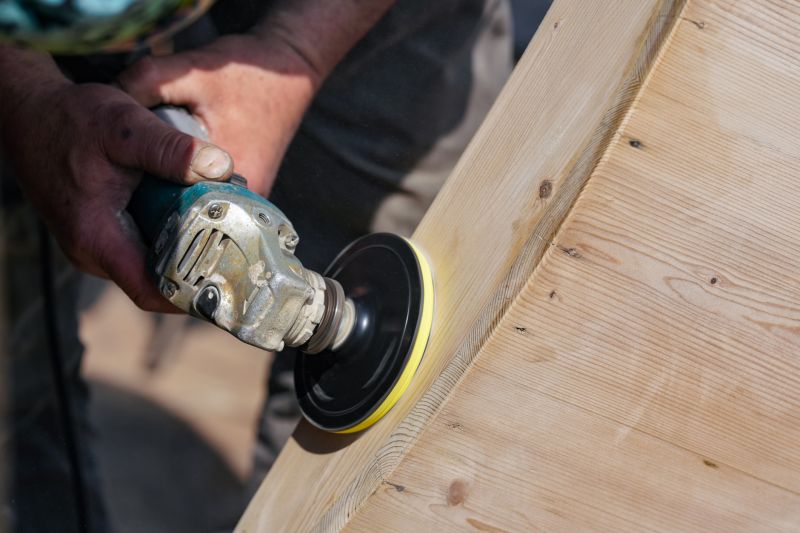
Popular materials for Porch Deck Sandings and why they hold up over time.
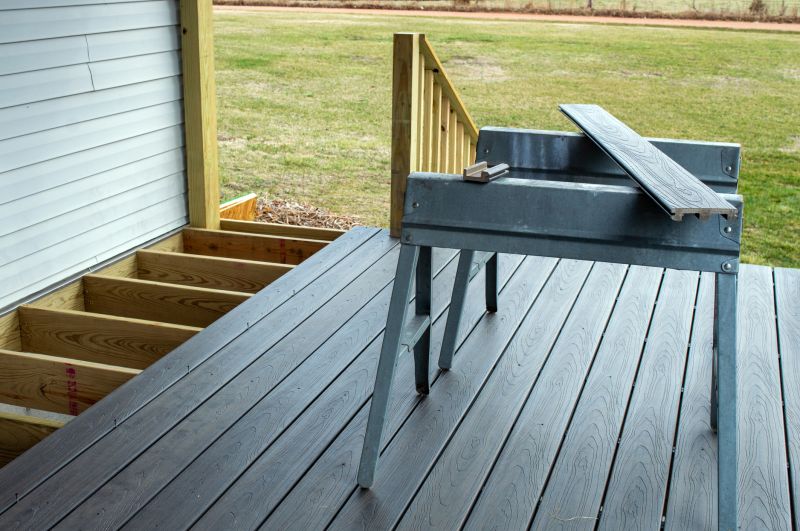
Simple add-ons that improve Porch Deck Sandings without blowing the budget.
Porch deck sanding involves removing old finishes, smoothing rough surfaces, and preparing the wood for new stain or sealant applications. Proper sanding not only enhances the visual appeal but also prevents splinters and extends the deck's longevity. Statistics indicate that regular maintenance, including sanding, can increase a wooden deck's lifespan by several years and improve its resistance to weathering.

Using the right sanders and grit types ensures effective removal of old finishes and smooth surface preparation.
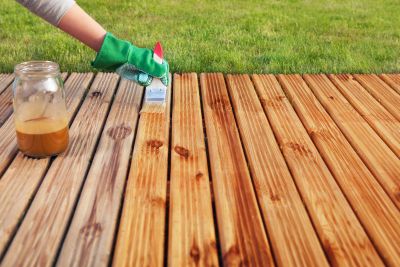
Applying sealants or stains after sanding protects the wood and enhances its appearance.
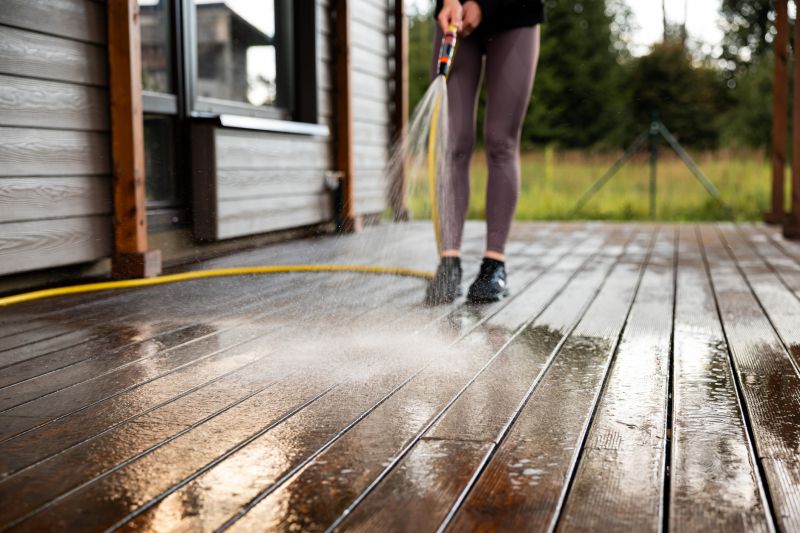
Regular inspection and timely sanding prevent extensive damage and costly repairs.
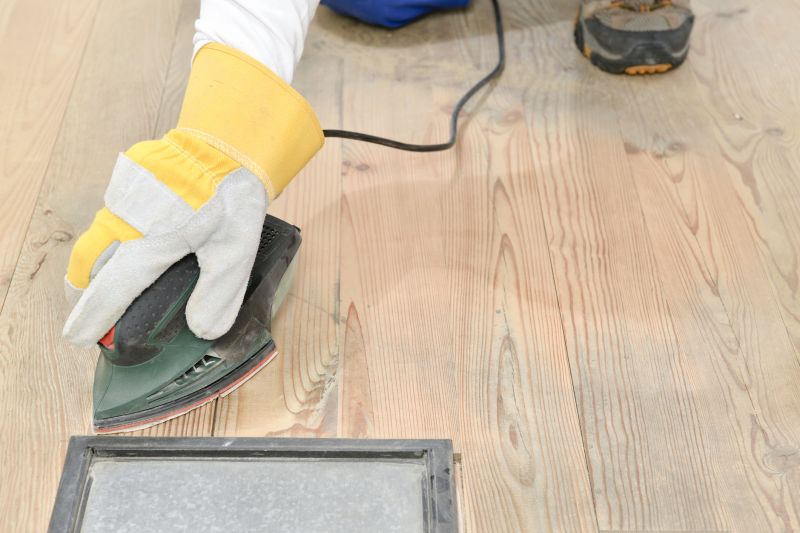
Wearing protective gear minimizes dust inhalation and skin irritation.
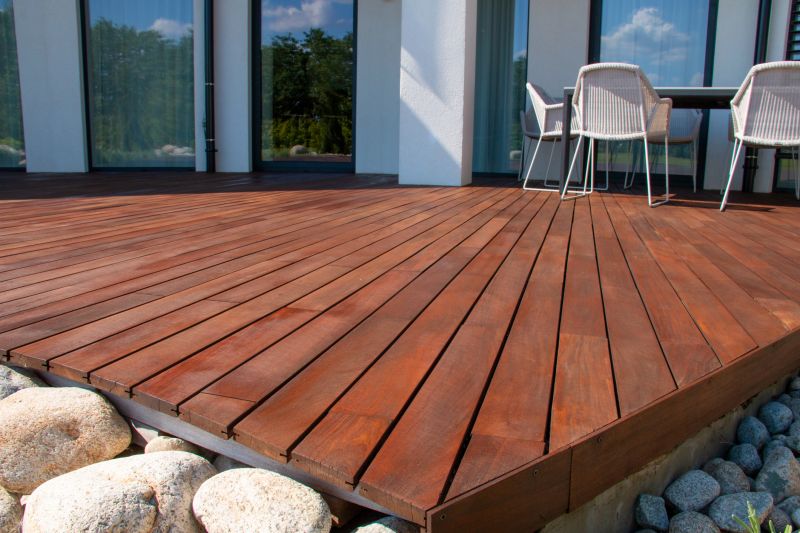
High-end options that actually feel worth it for Porch Deck Sandings.
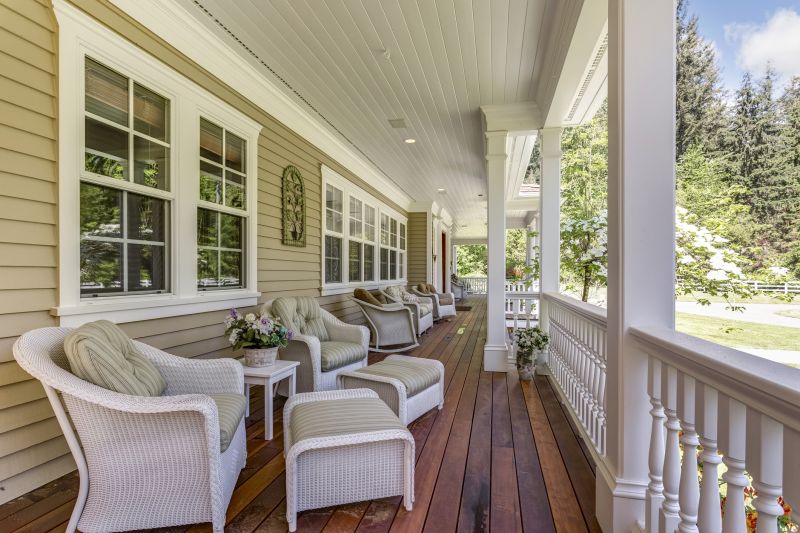
Finishes and colors that play nicely with Porch Deck Sandings.
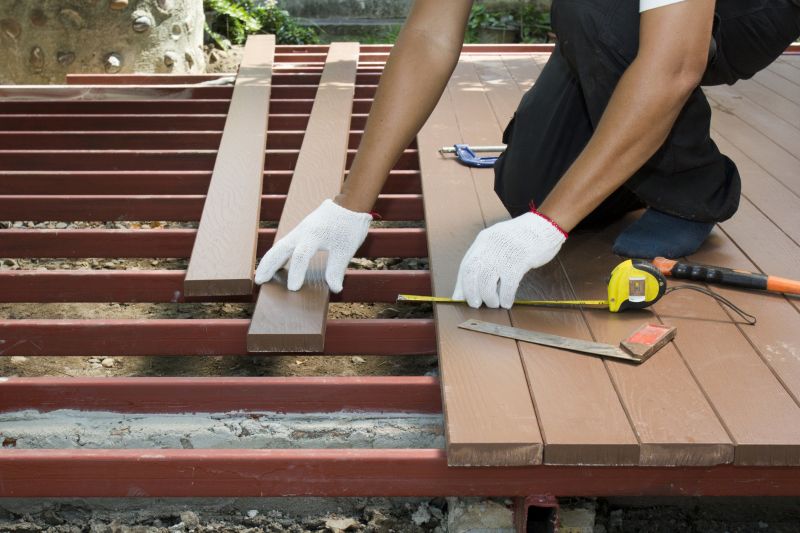
Little measurements that prevent headaches on Porch Deck Sandings day.
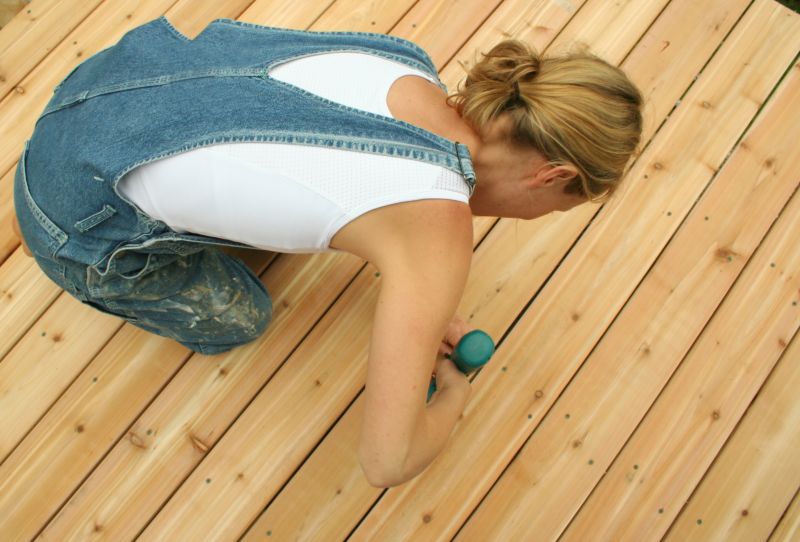
A 60-second routine that keeps Porch Deck Sandings looking new.
| Season | Ideal Conditions |
|---|---|
| Spring | Moderate temperatures, low humidity, dry weather |
| Early Summer | Warm temperatures, low humidity, dry conditions |
| Late Summer | Potential for high heat and humidity, less ideal |
| Fall | Cooler temperatures, dry weather, less humidity |
| Winter | Cold temperatures and moisture, not suitable |
Choosing the right time for porch deck sanding depends on weather patterns and seasonal conditions. Avoid sanding during periods of high humidity, rain, or extreme temperatures to achieve the best results. Proper timing ensures that finishes adhere well and that the wood remains protected from moisture-related issues.
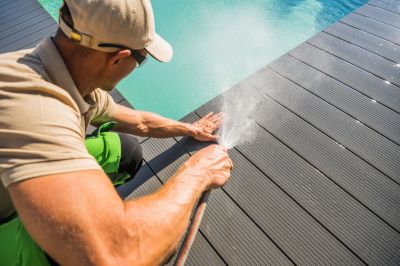
Dry seasons provide optimal conditions for effective sanding and sealing.
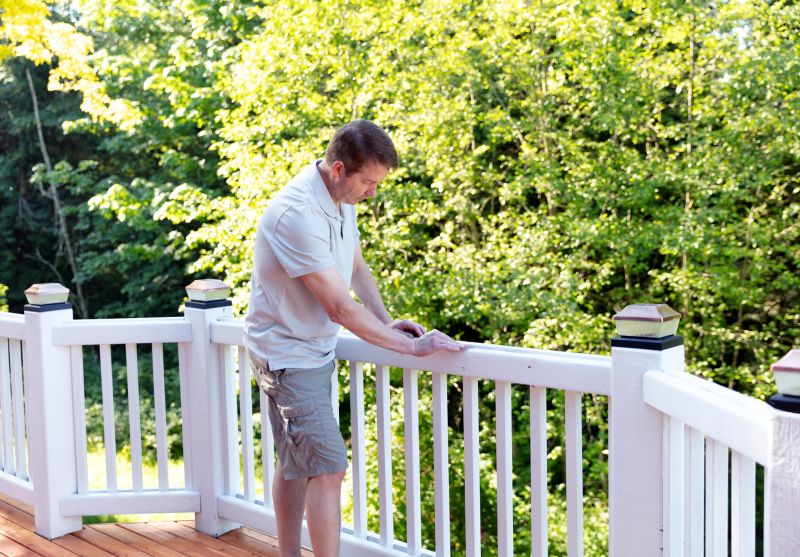
Cold and damp conditions can hinder drying and compromise finish quality.
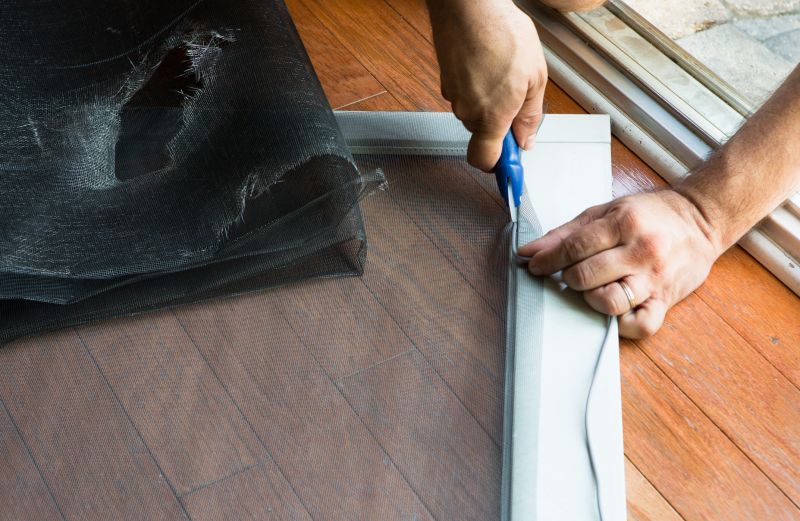
Scheduling sanding in early spring can maximize the benefits of new finishes.
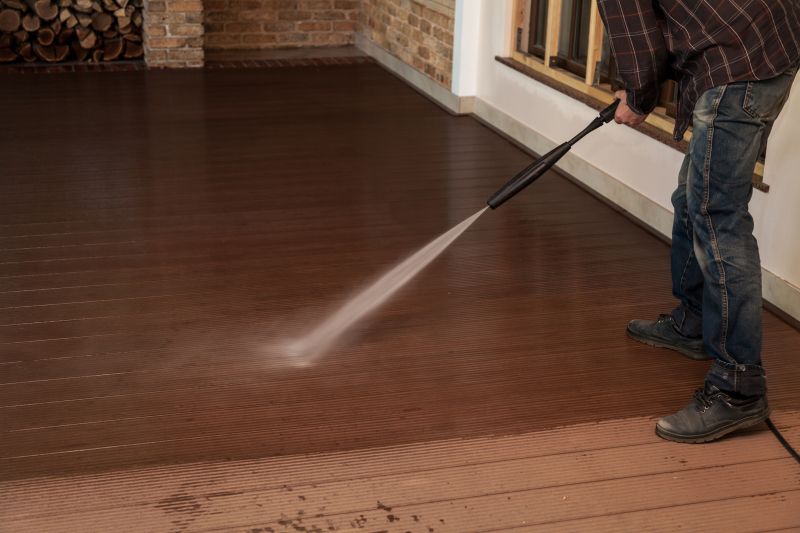
Tracking weather forecasts helps plan sanding activities during suitable periods.
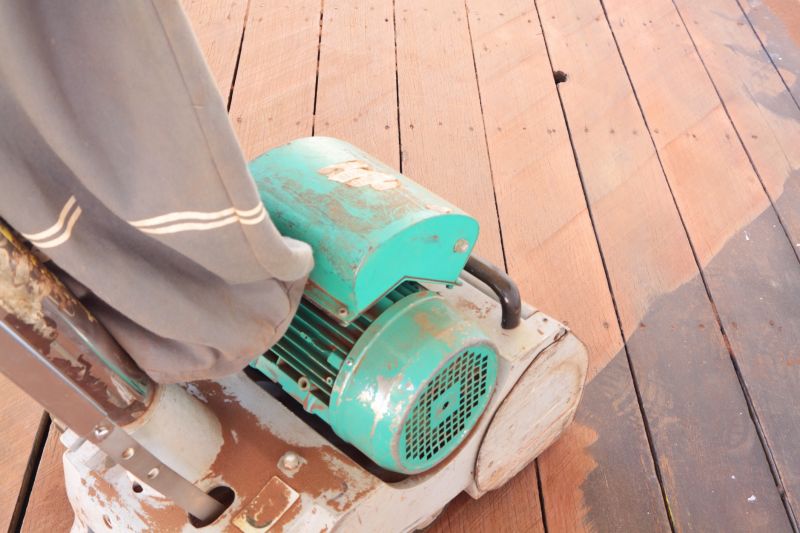
A frequent mistake in Porch Deck Sandings and how to dodge it.
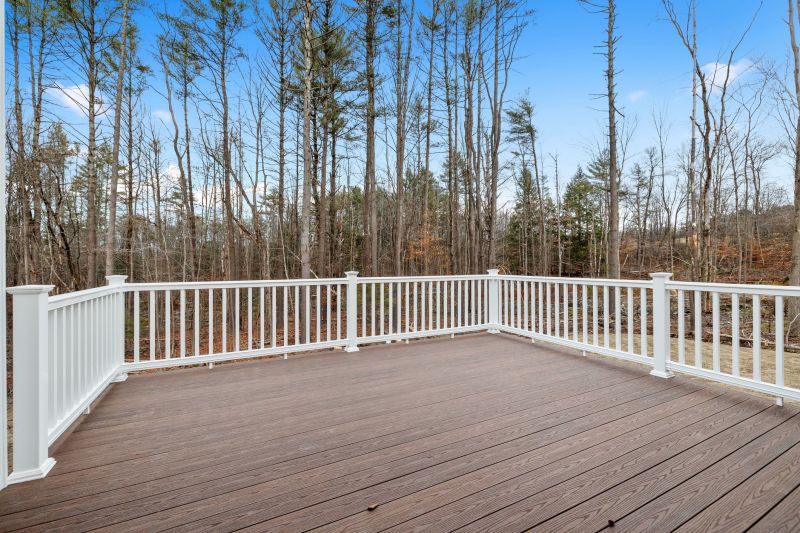
Small tweaks to make Porch Deck Sandings safer and easier to use.
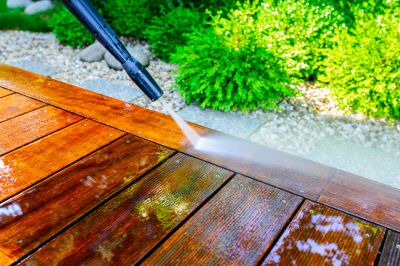
Lower-waste or water-saving choices for Porch Deck Sandings.

The short, realistic tool list for quality Porch Deck Sandings.
Interested in porch deck sanding services? Filling out the contact form can provide more information and help schedule maintenance at the optimal time for the deck's longevity and appearance.
